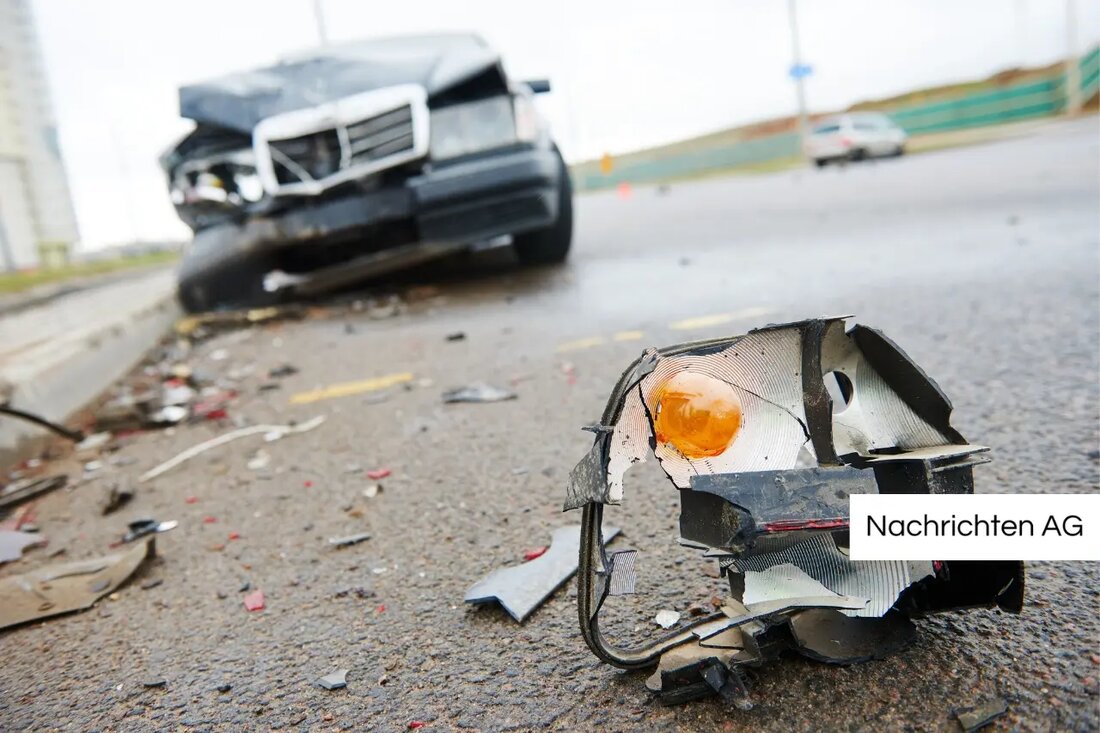Truck controls on the highway: No compromises for securing loads!

Truck controls on the highway: No compromises for securing loads!
On March 13, 2025, the police carried out a targeted control of trucks on Autobahn 61. The focus of these controls was in the Steingewann car park. When checking a total of twelve trucks, it turned out that ten of these vehicles had violations. The poor load securing, especially for car transporters, caught the eye. These deficits are not only a security risk, but also an essential topic in traffic research.
The defects found concerned the tension belts of the car transporters, which were insufficient, as well as the messy fastening of the transported vehicles. A striking case was a driver who tried to transport an additional car by abusing the extensions of his truck. This additional car practiced the permitted dimensions and was insufficiently secured. Infolgedessen untersagte die Polizei die Weiterfahrt des Fahrers, und der zusätzliche PKW musste vor Ort abgeladen werden, bevor die Fahrt fortgesetzt wurde.
Legal basics of load securing
The securing of the cargo has an important role in the transport of goods. Many member companies of the BGHM (wood and metal professional association) have transport vehicles, and the legal requirements for securing loads are comprehensive. The primary legal basis is the DGUV regulation 70 "vehicles", which places explicit requirements for load securing. Requirements for avoiding hazards for people in the event of unsuitable stowing are set in paragraph 37 of this regulation. In addition, the road traffic regulations (STVO), which says that the load must be secured so that it does not slip or fall down when braking or sudden evasive movements.
The regular controls by the police are not only based on these legal requirements, but also on recognized rules of technology, such as the VDI 2700 guideline series. These standards are intended to prevent accidents and contribute to safety in road traffic. A violation of the regulations can have significant consequences for the drivers concerned, starting with fines from 60 to 150 euros, to criminal consequences in the event of an accident due to poor load securing.
Follow inadequate load securing
The risks of inadequate load securing are considerable and can affect both your own vehicle and other road users. The result is serious damage and the legal requirements are more strict than ever. Entrepreneurs and fleet managers are obliged to ensure the safety of the transports, which includes regular training courses by the drivers and annual exams of the vehicles.
The DGUV regulation 70 requires that both the driver and the shipper take responsibility for the correct securing of the cargo. If an accident occurs due to insufficient securing loads, drivers, loaders and entrepreneurs can be held liable, which not only results in financial but also criminal consequences.
In this context, it is crucial in this context that everyone involved informs about the legal requirements and technical options and take advantage of regular training. Security in freight transport can only be guaranteed by legal load securing.| Details | |
|---|---|
| Quellen | |
